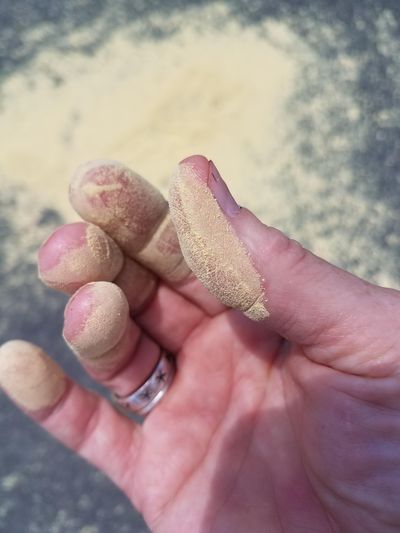Sneezing: Experts warn pollen levels especially high this year

It’s that time of year again: Temperatures are rising, flowers are blooming and pollen allergy sufferers are miserable. And they should stock up on tissues and medication, because experts are warning this season will be a bad one.
Tree pollination delayed by a cool, wet spring has overlapped with heavy grass pollination and windy conditions, creating a perfect recipe for sneezing and congestion, according Washington State University News.
Pollen levels have surged intermittently since May 23, according to the National Allergy Bureau’s regional monitoring station in Coeur d’Alene, according to a WSU News release.
“Overlap occurs a little bit each year, but not to this extent,” said Tim Kohlauff, Master Gardener for Spokane County.
The arborist has suffered from allergies himself and has picked up a few techniques for dealing with the symptoms in his time caring for plants.
Kohlauff gets shots for his allergy-induced asthma and takes an over-the-counter medication daily. He also said wearing a mask while working outside has helped him, and he tries to avoid handling dangerous equipments when he feels allergy-induced fatigue, which he describes as a “brain fog.”
Allergy and asthma doctor Steve Kernerman also recommended Kohlauff’s methods for dealing with allergies, and he had a few more tips for those who want to take extra precautions.
Allergy sufferers can shower before bed to avoid having pollen rub onto their sheets and blankets. Staying indoors and running the air conditioner can also help filter the air and keep allergens out.
It’s also a good idea to make sure the air conditioner filter is clean, he said. In addition to over-the-counter pills, people can also use nasal spray and antihistamine eye drops. Doctors can prescribe stronger medication if the over-the-counter stuff doesn’t work.
People with allergies should also avoid going outside in the morning, if they can. Pollen counts tend to be higher from 5 a.m. to 10 a.m., as most plants shed their pollen early in the morning and the ground tends to heat up and create upward air currents that help carry pollen in the atmosphere, WSU plant reproduction biology professor Andrew McCubbin said.
Pollen counts are expected to get worse and peak within the next couple of weeks, and then allergy sufferers can expect some relief.